Project Overview
Creating the first reentry program of its kind in the U.S., HEARD centers language and disability justice to support incarcerated and formerly incarcerated deaf/disabled people, who face unique challenges in the criminal legal system. Pervasive lack of access throughout carceral settings deepens social and linguistic isolation for incarcerated deaf/disabled people, who face persistent abuse and neglect. To address the needs of these multiply marginalized communities, HEARD provides peer support, direct services, and harm reduction education that help returning deaf/disabled people heal and thrive. With few accessible resources in American Sign Language or other sign languages that inform deaf/disabled people about how the criminal legal system works, HEARD is developing signs for social justice–related English words that currently have no sign equivalents—such as “mass incarceration” and “abolition”—while also providing some of the only accessible, signed support for learning conflict resolution, restorative justice, and harm reduction. A hallmark of the program is HEARD’s staff of formerly incarcerated deaf people who serve as peer educators and community interpreters, offering empathy and mentorship that foster collective healing.
Five Questions
Learn more about this project
Meet our other 2021 awardees
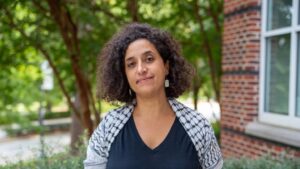
North Carolina (Operating nationwide)
Every Campus A Refuge leverages the sizable resources of colleges and universities to provide a stronger, more dignified landing for refugees.
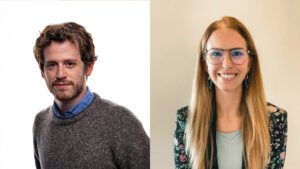
Daniel Bögre Udell &Kristen Tcherneshoff
New York (Operating globally)
Wikitongues safeguards threatened heritage languages by giving people resources to document, teach, and promote culture-sustaining mother tongues.
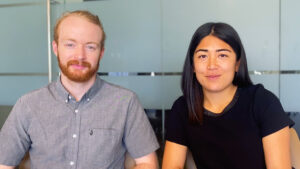
District of Columbia (Operating nationwide)
Cambium Carbon upcycles fallen urban trees, growing green jobs while building equitable cities and mitigating climate change at scale.
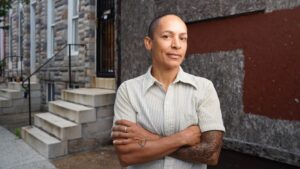
Maryland
Homeownership and construction skills-building come together as a platform that centers Black women, reclaims historic homes, and sparks neighborhood-scale change.
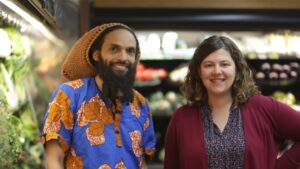
Ohio
Co-op Dayton builds community- and worker-owned cooperatives that center Black workers, expand democratic participation, and renew long-neglected neighborhoods.
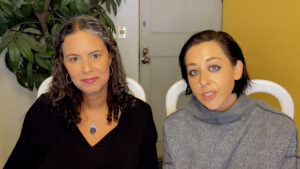
Ariel Koren &Fernanda de Oliveira Silva
California (Operating globally)
Respond provides trauma-informed, life-critical translation and interpretation services to asylum seekers and anyone needing language support in contexts of crisis.

Wisconsin (Operating nationwide)
Driven by a reparations ethic, Nuns & Nones collaborates with Catholic sisters to invest their land and assets in regenerative land stewardship.
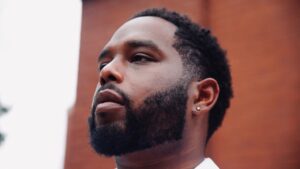
Missouri
The Black-led Freedom Community Center holistically integrates restorative justice with personal healing and broad-based advocacy to transform communities.
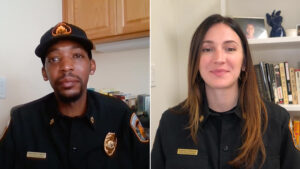
Forestry and Fire Recruitment Program
California
A promising California model builds a pipeline of needed wildland firefighters by forging career pathways for individuals formerly incarcerated in “Fire Camps.”

 Learn More
Learn More